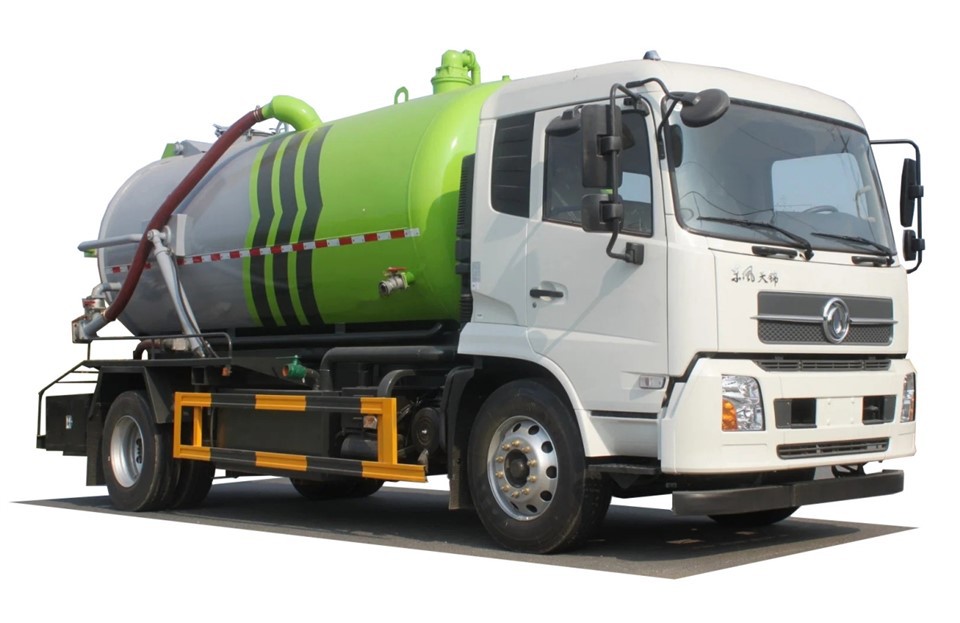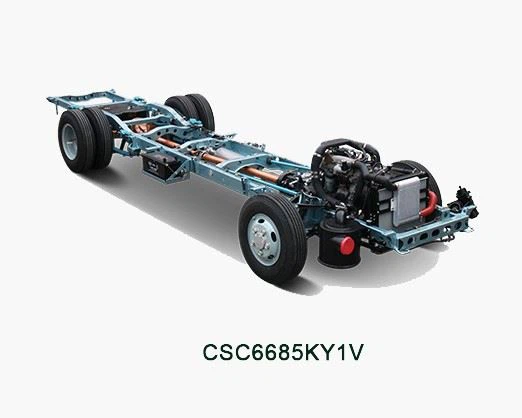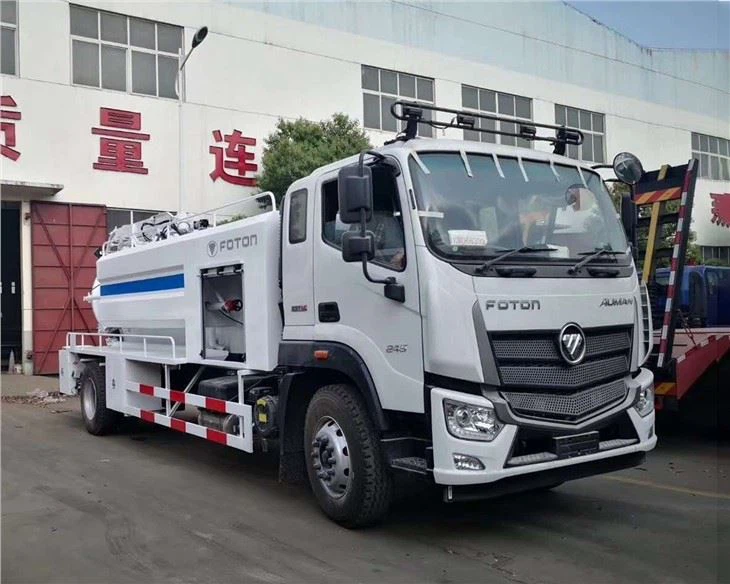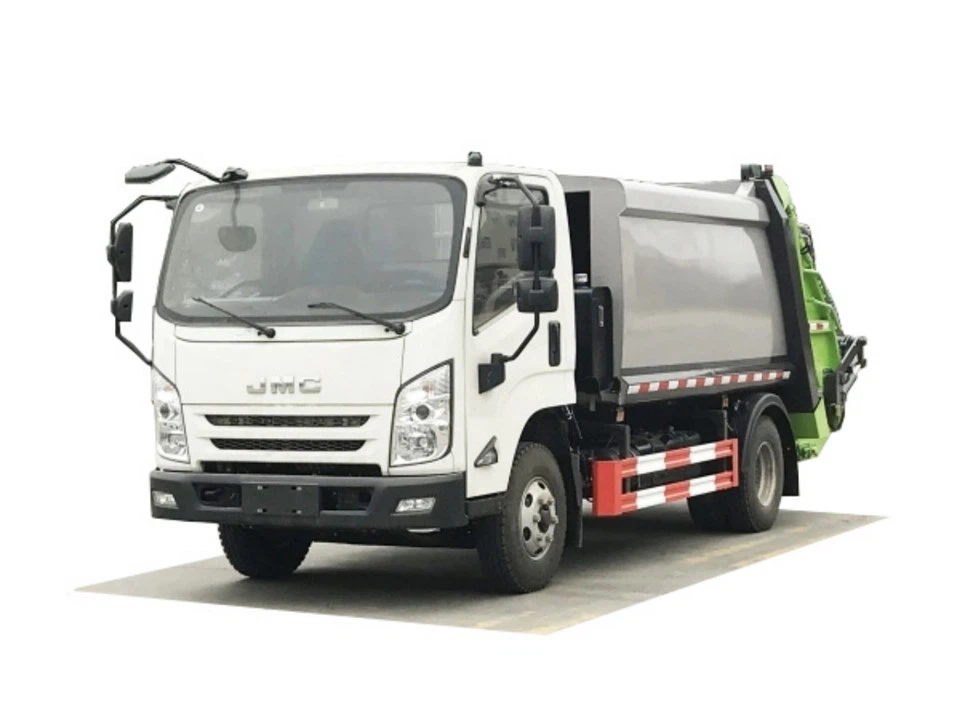Sewer Trucks for Sale: Your Comprehensive Guide

If you’re in the market for a sewer truck, you’re likely seeking a reliable, efficient solution for managing wastewater and other related services. Sewer trucks play an essential role in maintaining sanitation in urban and rural areas alike. This article delves into everything you need to know about purchasing a sewer truck, covering types, features, budget considerations, maintenance tips, and much more.
Understanding Sewer Trucks
Sewer trucks, often referred to as vacuum trucks or jetters, are specialized vehicles designed for cleaning and maintaining sewer lines, septic tanks, and other waste management systems. They utilize powerful suction and jetting technology to clear blockages and transport waste safely.
Types of Sewer Trucks
Different types of sewer trucks cater to varying needs, offering unique features and capabilities. Here are some common types:
- Vacuum Trucks: Primarily used for suctioning waste, these trucks are equipped with large tanks that can hold significant volumes of liquid waste.
- Jetting Trucks: In contrast, jetting trucks use high-pressure water jets to clear debris and blockages in sewer pipes.
- Combo Trucks: These versatile trucks combine both vacuum and jetting capabilities, making them suitable for various tasks.
- Septic Tank Trucks: Specifically designed for transporting waste from septic tanks, these trucks come equipped with specialized tanks and pumps.
Key Features to Consider
When searching for a sewer truck for sale, it’s essential to consider the following features:
Tank Size

The tank’s capacity directly impacts how much waste the truck can carry. Common sizes range from 500 to 4,000 gallons. Larger tanks save time by reducing the number of trips to waste disposal sites.
Engine and Power
A powerful engine is crucial for effective suction and jetting. Look for trucks with engines that have sufficient horsepower to handle the truck’s weight and the tasks at hand.
Filtration System
An efficient filtration system prolongs the life of the tank and enhances suction capabilities. Choose trucks with multi-stage filters that can capture larger debris and prevent clogs.
Payload Capacity
Check the truck’s payload capacity to ensure it can handle the weight of both the truck itself and the waste it will transport. This information is crucial for compliance with local weight regulations.
Build Quality
Select trucks made from durable materials, such as stainless steel or reinforced aluminum. These materials help prevent corrosion and increase the longevity of the vehicle.
Where to Buy Sewer Trucks
Purchasing a sewer truck can be done through various channels. Here are some avenues for finding a suitable vehicle:
New vs. Used Trucks
Deciding between new and used sewer trucks impacts your budget and options. Here are some considerations:
| Criteria | New Trucks | Used Trucks |
|---|---|---|
| Cost | Higher initial investment | Lower price, but may require repairs |
| Warranty | Manufacturer warranty available | Limited or no warranty |
| Latest Technology | Includes advanced features | May be outdated technology |
| Depreciation | Higher depreciation value | Slower depreciation over time |
Dealerships and Auctions
Local dealerships often have new and used sewer trucks. Auctions can also be a great way to find deals, but be cautious of vehicles’ conditions and potential repairs needed.
Online Marketplaces
Websites like eBay, Craigslist, and specialized sites for heavy equipment provide a wealth of options. However, it’s essential to do thorough research and verify the seller’s credibility.
Budget Considerations
Understanding the costs associated with purchasing a sewer truck can help you make informed decisions. Here are critical budget factors:
Initial Purchase Price
A sewer truck’s price can vary significantly based on make, model, age, and condition. Prices generally range from $50,000 to $150,000, with new models often exceeding $200,000.
Operating Costs
Consider fuel efficiency, maintenance, and insurance when budgeting. Operating costs can add up quickly.
Financing Options
Many suppliers offer financing options, aiding small business owners in acquiring a truck without paying the full amount upfront. Research various financing plans to find one that fits your budget.
Maintenance Tips for Your Sewer Truck
Regular maintenance is crucial for the longevity and performance of your sewer truck. Here are some maintenance tips:
Daily Checks
Before each use, inspect fluid levels, tires, and any visible parts for wear. Daily checks help identify issues before they escalate.
Regular Servicing
Schedule regular servicing intervals as recommended by the manufacturer. This includes engine checkups, filter changes, and hydraulic system maintenance.
Cleaning the Tank
Ensure you clean the tank thoroughly to prevent odors and the buildup of debris. Regular cleaning contributes to better performance and a longer life for the truck.
Legal Considerations and Compliance
When operating a sewer truck, you must adhere to local regulations and legal requirements. Here are some important aspects:
Licensing and Permits
Check with your local authorities to ensure you have the necessary permits and licenses to operate a sewer truck, as regulations vary by location.
Waste Disposal Regulations
Follow all local and national waste disposal regulations. Improper disposal can result in fines and legal action.
Practical Examples of Using Sewer Trucks
Sewer trucks are employed in various scenarios, demonstrating their versatility. Here are practical examples:
Municipal Maintenance

Cities use sewer trucks to maintain sewer systems. Regular cleaning prevents blockages that can lead to severe sanitary issues.
Construction Sites

At construction sites, sewer trucks help manage wastewater and ensure compliance with safety regulations, preventing contamination of the surrounding environment.
Emergency Response
In cases of severe flooding or sewer backups, sewer trucks are crucial for rapid response, offering immediate relief to affected areas.
Frequently Asked Questions (FAQs)
1. How much does a sewer truck cost?
The price of a sewer truck can range from $50,000 to over $200,000, depending on condition, age, and features.
2. What is the average lifespan of a sewer truck?
With proper maintenance, a sewer truck can last between 10 to 15 years or more.
3. Can I finance the purchase of a sewer truck?
Yes, many dealerships offer financing options to help spread the cost of your sewer truck over time.
4. What maintenance does a sewer truck require?
Regular maintenance includes checking fluids, servicing the engine, tank cleaning, and hydraulic system inspections.
5. Are there any environmental regulations to consider?
Yes, operators must adhere to local waste disposal regulations and licensing requirements to ensure environmental protection.
6. What should I look for when buying a used sewer truck?
Inspect the truck’s condition, verify service history, check for any past repairs, and ensure it meets your operational requirements.
